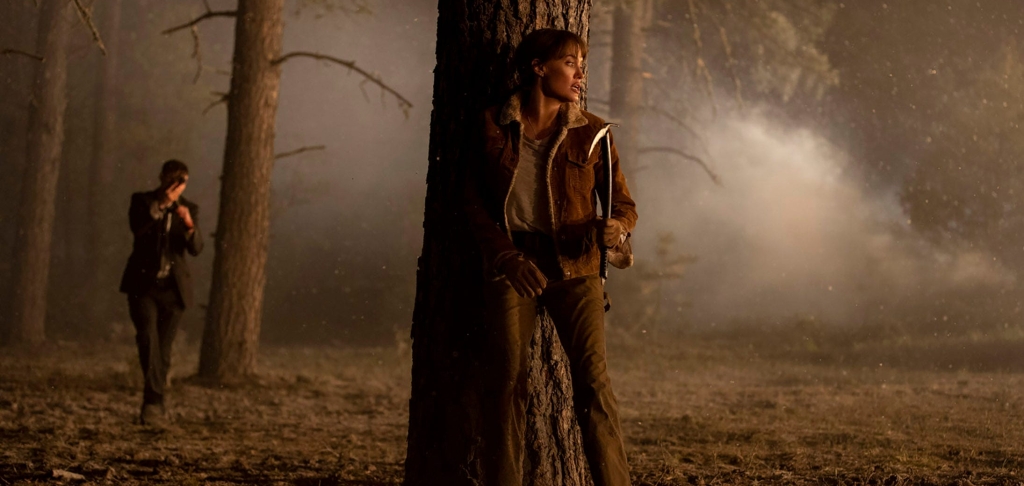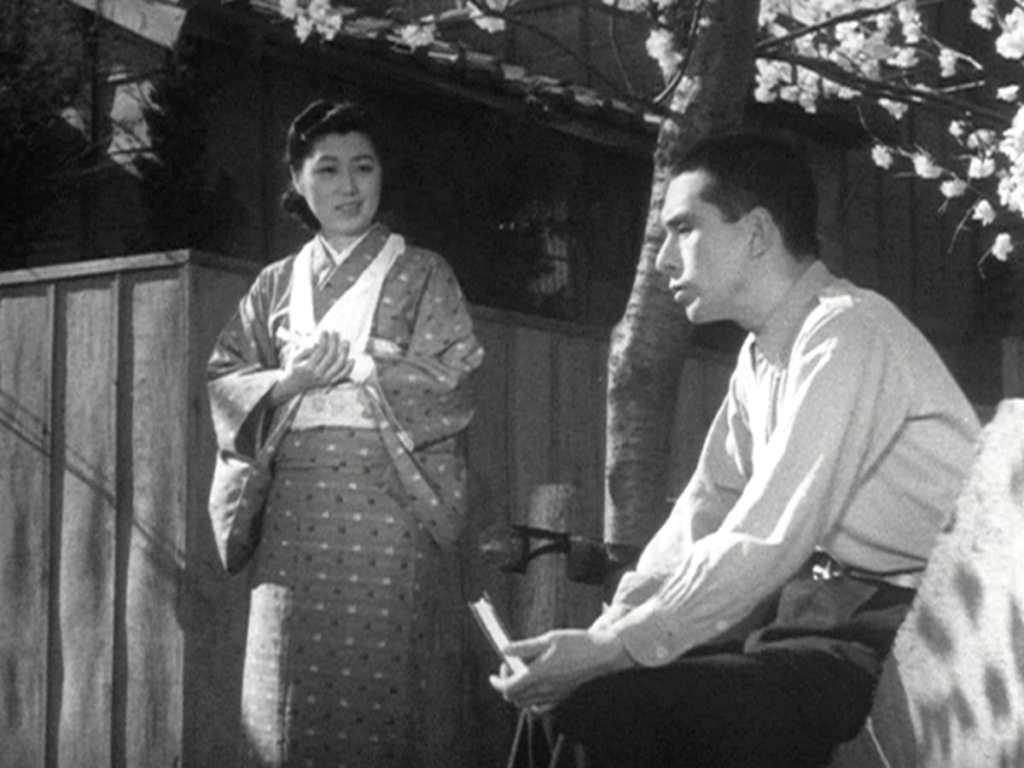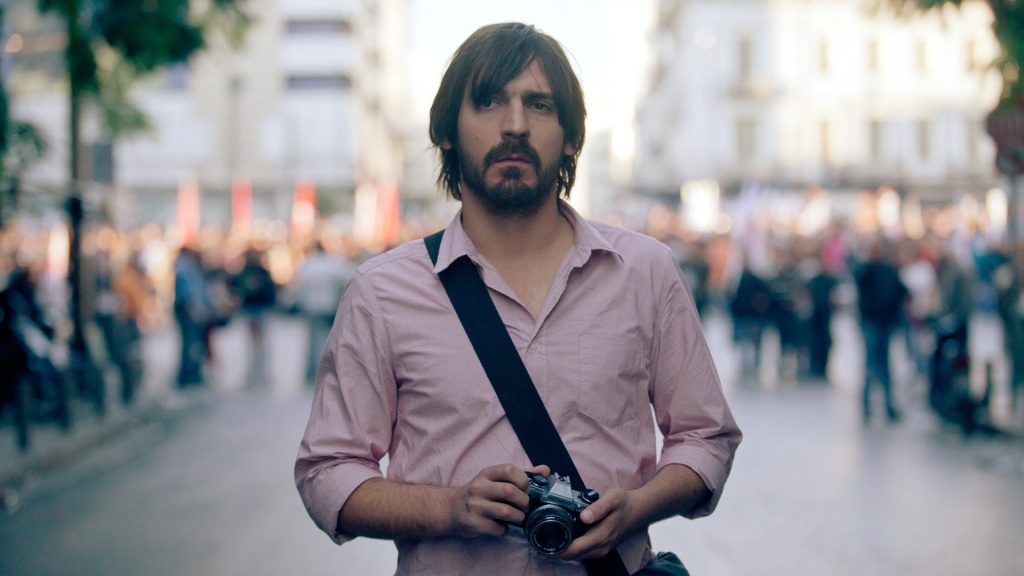 Arthur Fleck (Joaquin Phoenix) is a professional clown living in early 1980s Gotham City. He lives with his elderly mother. He sees a state-appointed therapist, but she does not seem interested in his problems. A gang of youths beat him up in the street. When it becomes clear no one cares about his welfare, Fleck begins a descent down from despair toward a murderous rampage.
Arthur Fleck (Joaquin Phoenix) is a professional clown living in early 1980s Gotham City. He lives with his elderly mother. He sees a state-appointed therapist, but she does not seem interested in his problems. A gang of youths beat him up in the street. When it becomes clear no one cares about his welfare, Fleck begins a descent down from despair toward a murderous rampage.
I am unsure if it is even worth reviewing Joker, Todd Phillips’ hugely successful bleak drama that has already grossed a billion dollars in cinemas and picked up 11 Academy Award nominations including Best Picture. Whatever my opinion of it, it has already proved itself to be resonant with a mass audience. As it happens, my opinion is resoundingly negative – but who will likely care? There is an ever-expanding disconnect between critics and audiences that feels particularly evident here. If you enjoyed the film, go ahead and continue to enjoy it. You do not need me applying a fierce and arrogant brand of negativity in your general direction. Never let someone ever tell you that your opinions are wrong, and continue to enjoy Joker. For everybody else, be aware that some spoilers ensue.
Allow me to briefly describe another film to you: Tetsuya Mariko’s Destruction Babies. It features a delinquent young man named Taira (Yuya Yagira): orphaned, as good as homeless, and largely abandoned by a society that simply does not care enough to provide assistance. His abandonment has clearly stimulated some level of mental illness, so he heads into town and starts picking fights. Always unarmed, always with other men, but within those limits he simply begins walking up to strangers and punching them repeatedly in the face. Some fights he wins, some he loses, but each comes with the same blunt wet slapping sounds of fists upon flesh. It is deeply confrontational, highly visceral, and incredibly disturbing and difficult to watch. Mariko’s film has a lot to say about societal responsibility, and abandonment, and particularly violent masculinity. I recently wrote up a huge list of my 350 favourite films of the 2010s and it came in at #31.
Destruction Babies is the real deal, one of many films out there that address these issues. Joker is the weak grey photocopy of the real deal. It ostensibly seems to have a lot to say, but it never sits still for long enough to actually convince me that it means any of it. It seems to shout out a lot of social commentary, but never finishes a sentence. Referencing “The Emperor’s New Clothes” always strikes me as a slightly lazy technique in reviewing film, but I’m not sure there has been a film so suited to the comparison in years. If you prefer, you can alternatively evoke Shakespeare’s oft-quoted line from Macbeth: ‘A tale told by an idiot, full of sound and fury, signifying nothing’. Both fit the film perfectly.
Joker is a pastiche, cobbled together from a string of older films and assembled into its own bleak narrative. That, in itself, is a perfectly reasonable technique. Many filmmakers make outstanding cinema out of pastiche – particularly Quentin Tarantino, who has perfected the practice to the level of post-modern high art. Todd Phillips, whose previous films include the comedies Road Trip, The Hangover, and Due Date, has not perfected the practice. His reference points are obvious. His screenplay, co-written by Scott Silver (The Fighter, 8 Mile), is deeply predictable. When it tries to surprise, it does so with an openly telegraphed and clumsily executed twist. When it tries to shock, it walks away strangely bowdlerised. It is a film clearly intended to shock and disturb. If, as a viewer, you are seeking a great film from 2019 that uses violent behaviour to shock and disturb, I recommend tracking down Bong Joon-ho’s Parasite or Jennifer Kent’s The Nightingale. Both examine serious social issues in a deeply confronting manner that is designed to shake their audiences to attention. Joker is talking the talk without delivering a suitable impact.
Phillips also has a very murky handle on how his audience is to treat Arthur Fleck. He is presented as a sympathetic character, yet commits awful crimes (including a scene on a train that odiously echoes the real-life Bernhard Goetz shootings of 1984). As the protagonist he is an unreliable narrator, in a poorly defined manner that brings almost every event in the film into question. A key series of scenes imply a relationship that does not exist. When Fleck realises this, the film goes through a series of visual and editing cues that heavily imply Fleck murders someone. For one thing, the scene has an open ending and the other character is never seen again. No, Phillips has told the entertainment press, that character survives. Such narrative uncertainties make it impossible to reliably engage with anything in the film – at which stage one must ask what the point is of any of it. Is Joker a weakly plotted and confused story, or is it simply presented that way through Fleck’s troubled perception? Without clearly signalling the difference, Phillips is simply obfuscating.
Joaquin Phoenix delivers a varied performance in the role, that sadly weakens the moment he adopts his Joker persona. Other members of the cast deliver more consistent work, but in all honesty there is no particular stand-out. Phoenix’s performance also feels weak because he is playing an iteration of the character already played by a string of excellent actors. He fails by comparison; he is an extremely poor Joker.
One could potentially argue he is a Joker suited to this specific narrative. After all, all fictional texts are open to translation and re-interpretation, just as long as enough remains to tie that interpretation to the original work. In the case of the Joker, there are essentially three key aspects to the character that need to exist: that he dressed like a clown, that he is funny, and that he is scary. One can tweak the proportions – for example, Cesar Romero was mostly funny and only a little bit scary, whereas Heath Ledger was funny and frightening in equal measure – but all three aspects have to somehow be present to reflect the character on the broadest of levels. Sadly, Joaquin Phoenix plays a Joker that is neither funny nor scary. Instead he simply plays a mentally ill man treated terribly by society, whose subsequent murderous rampages feel more boring than effective. Each murder Fleck commits during the story pulls him another step away from audience identification. He feels like the literary Joker precisely once, when he brutally murders one person but affectionately spares another. At any rate, by the film’s end all sense of sympathy is drained from the character. What is left is not even offensive or unlikeable. He is simply dull; a banal retread of older, better iterations of the Joker.
Joker uses its DC Comics connection as a crutch. Without it, it seems unlikely that the film would ever have seen the inside of theatres. Fleck is a dull character surrounded by other dull characters, telling a weak and fuzzy allegory about toxic societies and mental illness. It has much to play with, but nothing to say.
This is not a disturbing or challenging film as its reputation suggests. It is a commercially packaged simulacrum of such fare. It has been artificially rendered safe for mass consumption. Audiences should seek out challenging films. They should stretch their experience of difficult subject matter, or confronting violence. Go out and watch Destruction Babies, or The Nightingale, or Parasite. Watch Taxi Driver and The King of Comedy. Hell, go for broke and try Pasolini’s Salo or Srđan Spasojević’s A Serbian Film. Todd Phillips’ film is riding high on a platform it has not earned or respected, and it has taken your money through insinuation and replication.
Joker climaxes with Fleck in a screaming crowd, dancing on top of a car: he’s cheap entertainment for the masses. So is this film. I implore you: move on from Joker. You are better than this. We all are.





Leave a reply to Raymond Cancel reply